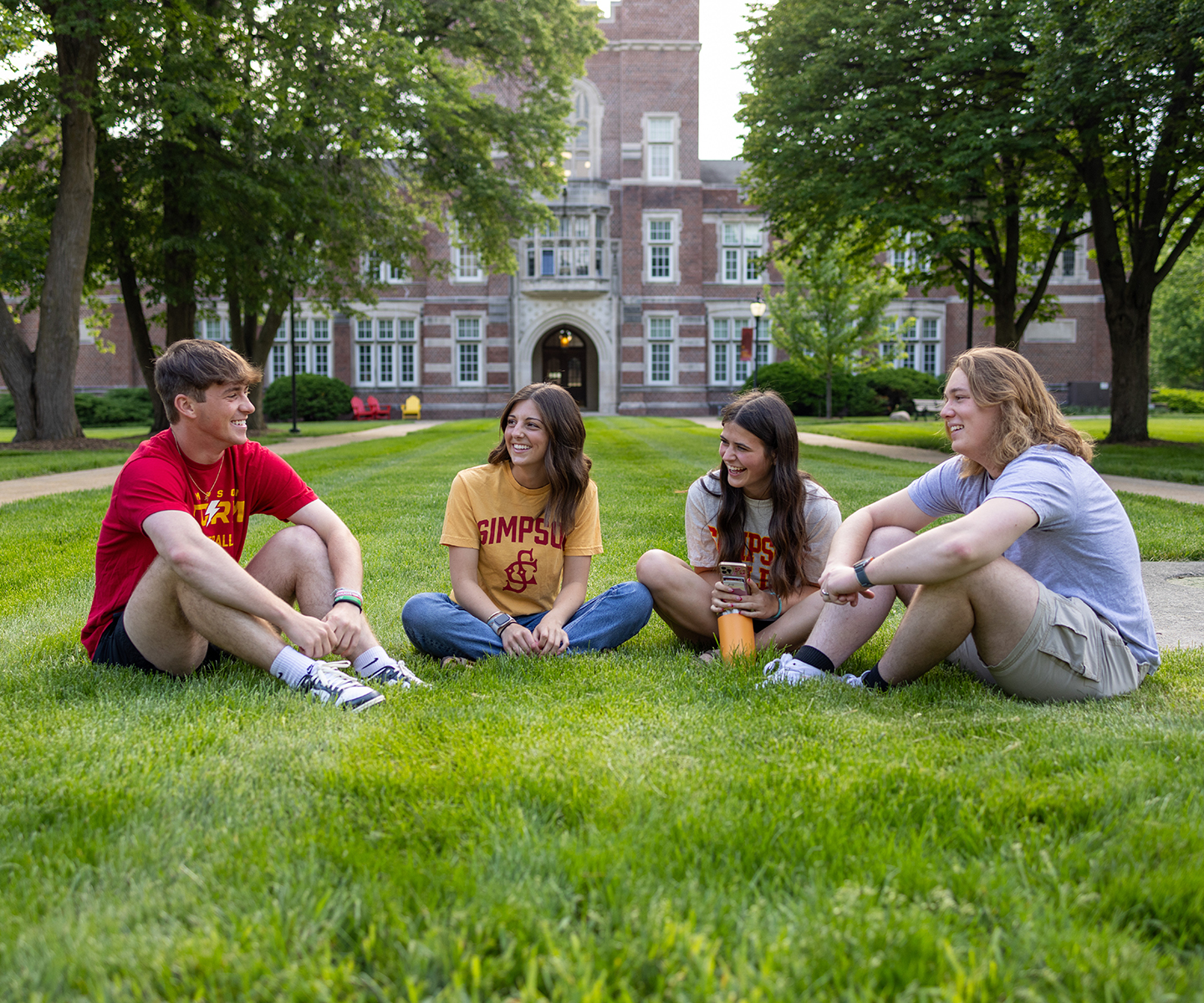Undergraduate
Physics
Hone your skills in quantitative problem solving and analysis.
Physics major and minor
The Physics major is intended to prepare students for advanced study in physics or engineering, teaching high school physics, a career in industrial research and development, government research laboratories, or any career involving quantitative problem-solving and analysis.
A minor in physics consists of a two-course introductory core and at least 10 credits (2.5 courses) of physics courses numbered 200 or higher. Some upper-level courses emphasize applied areas of physics. This is intended to make the minor in physics especially practical to engineering, physics education, chemistry, and mathematics students.
What can I do with my degree?
A variety of in-demand careers are waiting for graduates with a quality Simpson degree. Some of our recent graduates who have chosen to go into the workforce have landed at 3M Company, National Renewable Energy Laboratory, John Deer, Shazam, Ames Research Laboratory and in high schools as physics teachers.
You can also continue to graduate school to pursue your advanced degree in physics or engineering.
This Is What Success Looks Like
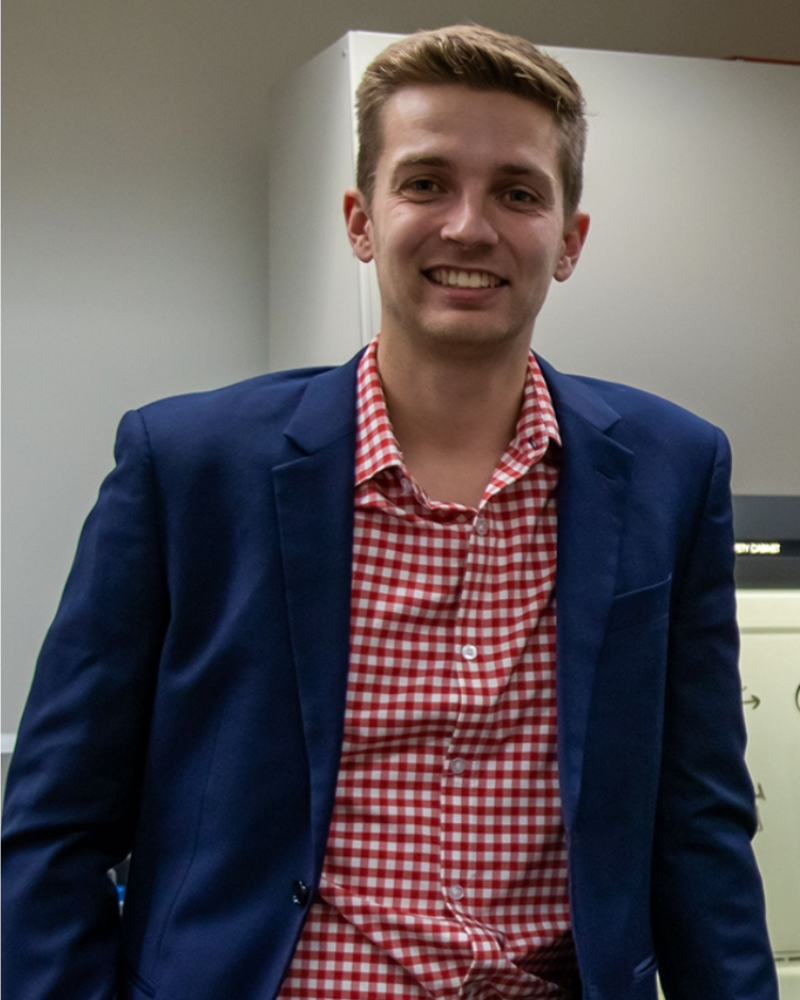
What I learned as a student that was super important was that if you want to solve a big problem, it has to be interdisciplinary.
Ryan Skaar '17
Research Sparks Simpson Startup
Read this StoryNeed assistance? Contact us!
- lindsay.ditzler@simpson.edu
- 515-961-1821
- Carver Science Center
- Monday - Friday, 8 a.m. - 4:30 p.m.
Meet Our Faculty
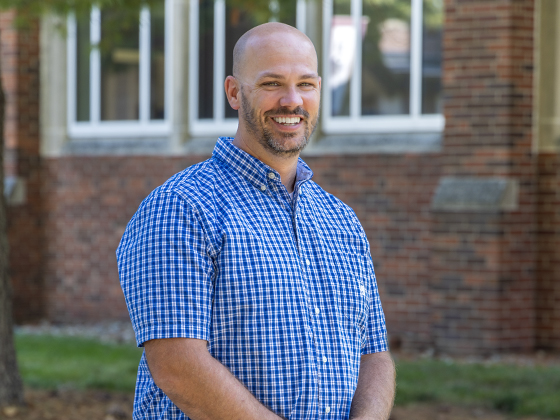
Adam Brustkern
- Professor, Department of Chemistry and Physics
- Division Head
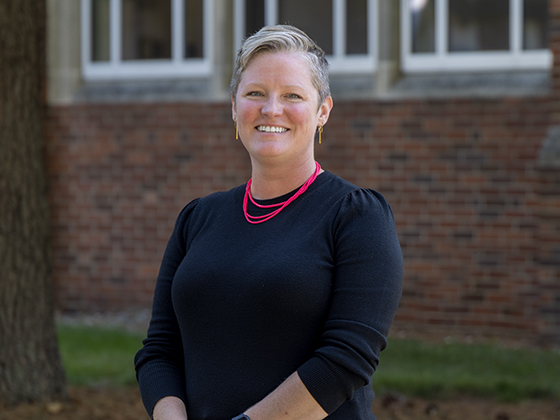
Lindsay Ditzler
- Co-Department Chair of Chemistry/Physics
- Associate Professor of Chemistry/Physics
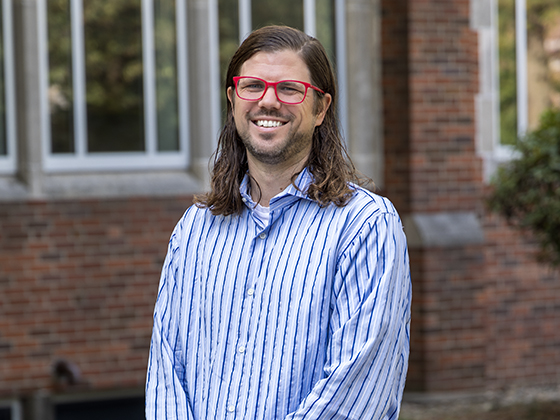
Derek Lyons
- Associate Professor of Chemistry and Physics

